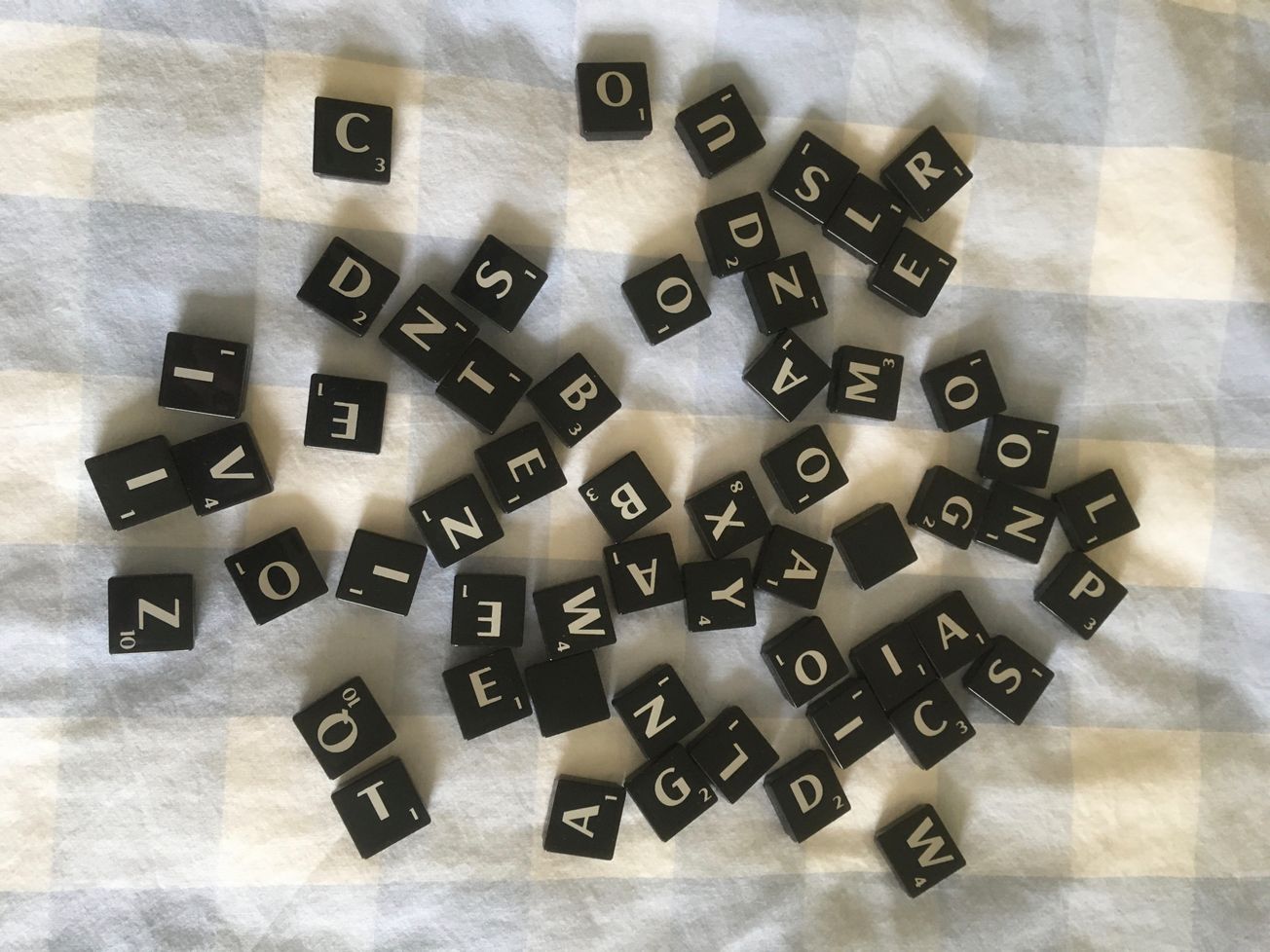By Isaac Haigh, News Investigations Correspondent
As part of Dyslexia Awareness Week (7-13 October), Isaac Haigh talks about his personal experiences with dyslexia and the help that is put in place by the University to help with diagnosis and further support.
After 22 years of my life struggling with spelling and to read fast or aloud, I was diagnosed with dyslexia. Now, a year later, aged 23, I can confidently tell people that I require extra time for a task, not because I lack the required intelligence, but because I am dyslexic. Finding out that I was dyslexic after years of struggling at certain tasks, despite excelling at others, was incredibly liberating. Dyslexia is more than just a label - it is a different way of thinking. Only by acknowledging and accepting this was I able to accept myself.

But what is dyslexia? Are our often-preconceived ideas of what dyslexia is correct?
In 2009, Sir Jim Rose’s report, Identifying and Teaching Children and Young People with Dyslexia and Literacy Difficulties,gave a definition of dyslexia that is widely accepted within the UK and by the British Dyslexia Association. Rose stated that dyslexia ‘occurs across the range of intellectual abilities’, meaning it is independent of intelligence and IQ. ‘Dyslexia is a learning difficulty that primarily affects the skills involved in accurate and fluent word reading and spelling. Characteristic features of dyslexia are difficulties in phonological awareness, verbal memory and verbal processing speed. It is best thought of as a continuum, not a distinct category, and there are no clear cut-off points.’
In essence, dyslexia is a different way of processing language and information that is outside the norm. In reality this is incredibly difficult to summarise or explain easily to someone. Dyslexia is incredibly complex. One of the ‘symptoms’ I have is that I have great difficulty discerning similar words apart when reading quickly, for example: ‘virtually’ and ‘visually’. Due to the complex nature of dyslexia every dyslexic is different and what one person struggles with, another may not, despite both having dyslexia.
A good way of assessing whether someone is dyslexic is to assess verbal and visual ability compared to reading and spelling ability. My score showed a large difference between verbal and visual abilities compared with reading and spelling, giving me a ‘dyslexic profile’. There is of course debate about how big this difference has to be before someone is dyslexic and these assessments are not an exact science.
What can be done to help those with dyslexia?
If you are concerned that you might have dyslexia, I would encourage you to reach out to the university disability services. They can’t diagnose you, but will be able to advise you as to whether you should be tested and what the next steps are. Being tested as an adult is expensive and can cost hundreds of pounds but, fortunately, the University helped me by providing the money through the ‘Financial Assistance Fund’. This fund aims to help students by providing help to ‘meet costs that are not met from other sources of support’. I was able to pay for my assessment through the Fund and this enabled me to have a range of support, including extra time.
Due to the fact that I study chemistry, a degree that relies on drawing complex molecular structures or maths to answer exam questions I have never needed any more support. If I were studying something else, I would definitely need more support, this is where the disability services can really help someone out in determining what is needed.
The University have stated that they offer a ‘range’ of support to students with dyslexia. ‘Once a student is diagnosed and registered with the team, we work with them to draw up recommendations to support them in their studies – for example, allowing them extra time, and being able to use a computer, in exams. The team can also help with applications for disabled students’ allowances through student finance, which can open up more funding for them, including one-to-one mentoring sessions and specialist equipment. The team also hold regular workshops to provide support and information to students who might be seeking a diagnosis or have questions about our services and processes.’
Featured: Epigram / Robin Connolly
Do you have any experience with dyslexia or UoB disability services? Let us know your thoughts in the comments.








